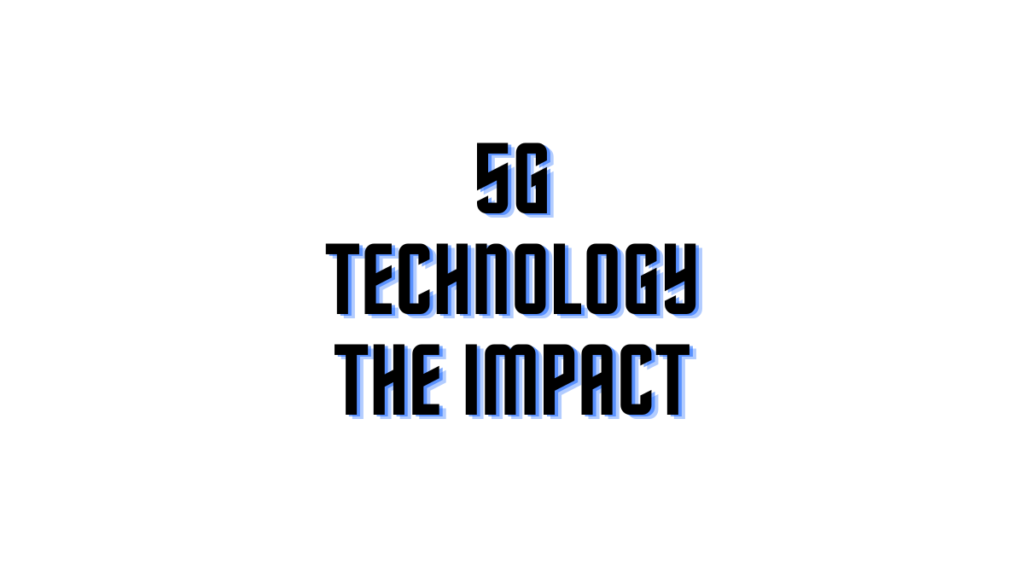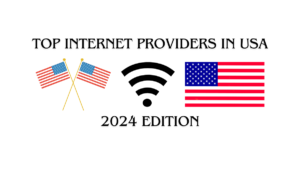
5G Technology The Impact on Healthcare
The advent of 5G technology has ushered in a new era of connectivity, promising faster speeds and lower latency. While it’s poised to transform various industries, one sector that stands to benefit significantly is healthcare. In this article, we’ll delve into the profound impact of 5G technology on healthcare, from telemedicine to advanced surgeries.
1. Telemedicine Revolution:
One of the most immediate and visible impacts of 5G technology on healthcare is the expansion of telemedicine. With lightning-fast connections and minimal lag, patients can now consult with healthcare providers remotely, sharing real-time data, images, and even video for more accurate diagnoses and treatment plans. This not only enhances convenience but also extends medical access to remote or underserved areas.
2. IoT-Enabled Healthcare Devices:
The Internet of Things (IoT) has already made significant inroads into healthcare, but 5G takes it to the next level. With 5G’s robust connectivity, wearable devices, medical sensors, and monitoring equipment can transmit data in real-time, enabling more precise patient monitoring, early intervention, and improved chronic disease management.
3. Augmented Reality (AR) and Virtual Reality (VR) in Medical Training:
Medical training is becoming more immersive and effective with the integration of AR and VR powered by 5G. Surgeons and medical students can now practice complex procedures in a virtual environment, enhancing their skills and reducing the risks associated with real surgeries.
4. Remote Robotic Surgery:
5G’s low latency and high bandwidth make it feasible for surgeons to perform complex procedures remotely using robotic surgical systems. This means that specialists can provide expertise and perform surgeries from distant locations, increasing access to high-quality care.
5. Healthcare Data Security:
With the increased reliance on data transfer and cloud computing in healthcare, data security is paramount. 5G technology is accompanied by enhanced encryption and security protocols, ensuring the protection of sensitive patient data.
6. Personalized Medicine:
5G’s ability to handle vast amounts of data quickly allows for more comprehensive genetic sequencing and analysis. This leads to advancements in personalized medicine, where treatments are tailored to an individual’s genetic makeup, increasing efficacy and reducing side effects.
7. Emergency Response and Disaster Management:
5G enables faster communication during emergencies and natural disasters. Medical teams can quickly coordinate responses, and first responders can transmit vital patient data from the scene to the hospital, facilitating more effective care.
Conclusion: A Healthier, More Connected Future
5G technology is not just about faster downloads on your smartphone; it’s about revolutionizing healthcare in ways previously unimagined. From telemedicine and remote surgery to personalized medicine and IoT-connected devices, 5G is paving the way for a healthier and more connected future. As this technology continues to mature and integrate into healthcare, patients and providers alike will reap the benefits of improved access, accuracy, and efficiency in medical care.
The era of 5G in healthcare is upon us, promising a brighter and healthier future for all.





